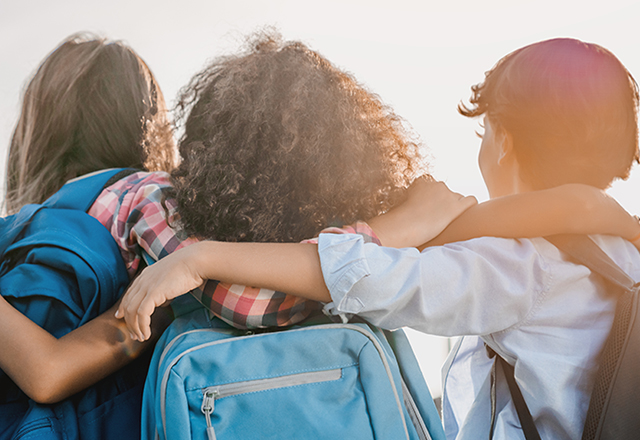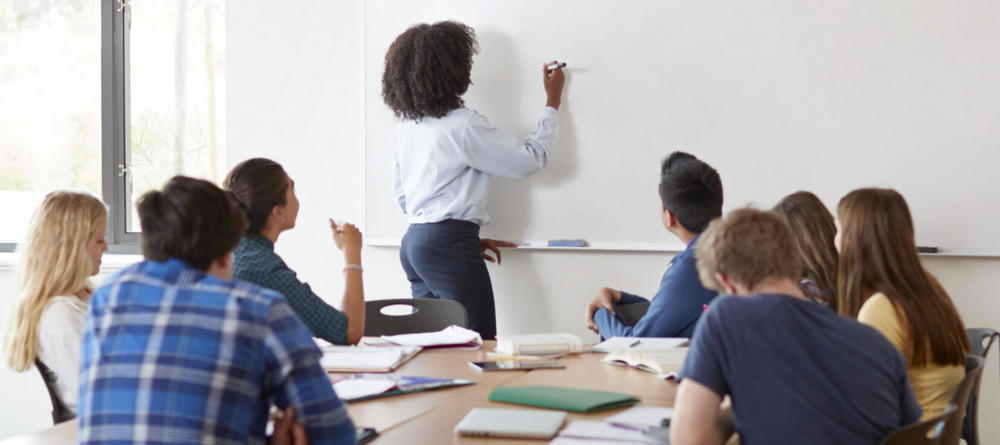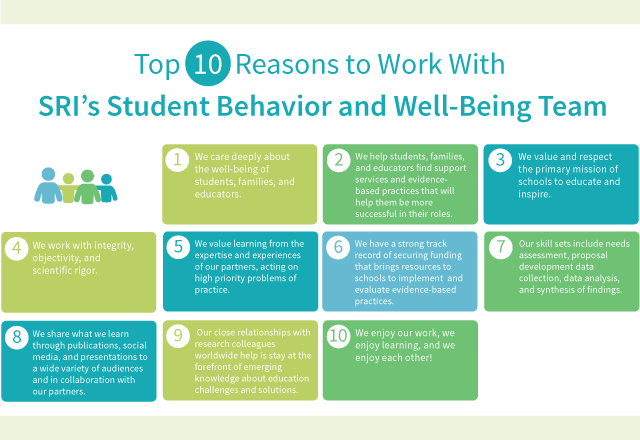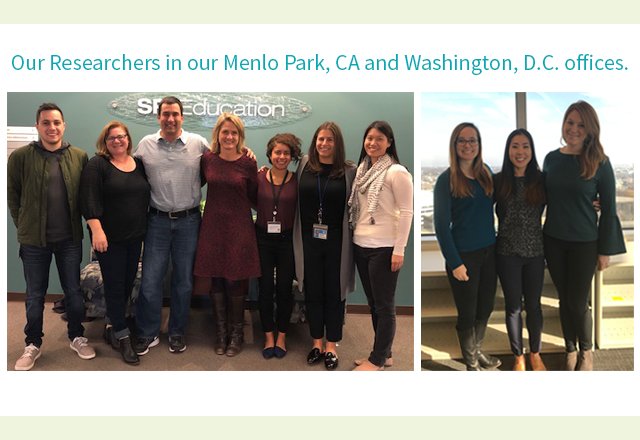BEST in CLASS is a tier 2 intervention to prevent and reduce challenging behaviors and promote appropriate behaviors in preschoolers. Through coaching, early childhood teachers are empowered to deliver evidence-based practices with children at risk for social-emotional and behavioral delays. In this presentation, we will share coaches’ perspectives about the successes and challenges they experienced … Continue reading Replication Study of BEST in CLASS: Coaches’ perspectives on implementing an evidence-based practice in typical settings
(SPR 2023) This presentation provides an overview of the BEST in CLASS early childhood intervention along with the evidence base for BEST in CLASS and describes a systematic replication study currently being conducted.
(NASP 2022) This presentation described results from an effectiveness study of the Tools for (NASP 2022) Getting Along (TFGA) social problem-solving program. Findings show robust positive effects of TFGA on social–emotional and behavioral outcomes of Grade 4 students in geographically and demographically diverse areas.
(AERA 2022) School closures during the COVID-19 pandemic introduced significant disruption to educational research in 2020 and into 2021. In-person studies were put on hiatus, abandoned, or converted to remote studies.
(CA PBIS 2021) Sometimes it’s difficult to succinctly describe what it means to be a PBIS school. This presentation provided a big picture context for PBIS, breaking it down to its si
(SREE 2021) This presentation described results from an effectiveness study of the Tools for Getting Along (TFGA) social problem-solving program. The findings from this effectiveness study indicate that the TFGA program has robust positive impacts across student demographics, geographic locales, and socio-economic levels.
After a turbulent 2020-2021 school year, it is more important than ever that educators have feasible and effective options to support students’ foundational social-emotional skills. Prior studies have found that students who participate in social-emotional learning (SEL) programs improve their behavioral and academic functioning and reduce their challenging behaviors.1 When selecting an SEL program, educators … Continue reading Social-Emotional Learning Program Study: Tools for Getting Along
Our team works with state and local education agencies to select, implement, and evaluate programs that meet their high priority education needs. Whether you’re a school leader or teacher, an intervention developer, or a funder looking to invest in effective behavior management and socioemotional interventions, you’ll find a variety of benefits of partnering with us.
In this first blog entry, we introduce our research team and describe why we love our work so much. Our team of researchers, evaluators, and technical assistance providers brings a wealth of expertise, with a common emphasis on the social and emotional well-being of children from socioeconomically disadvantaged backgrounds.




